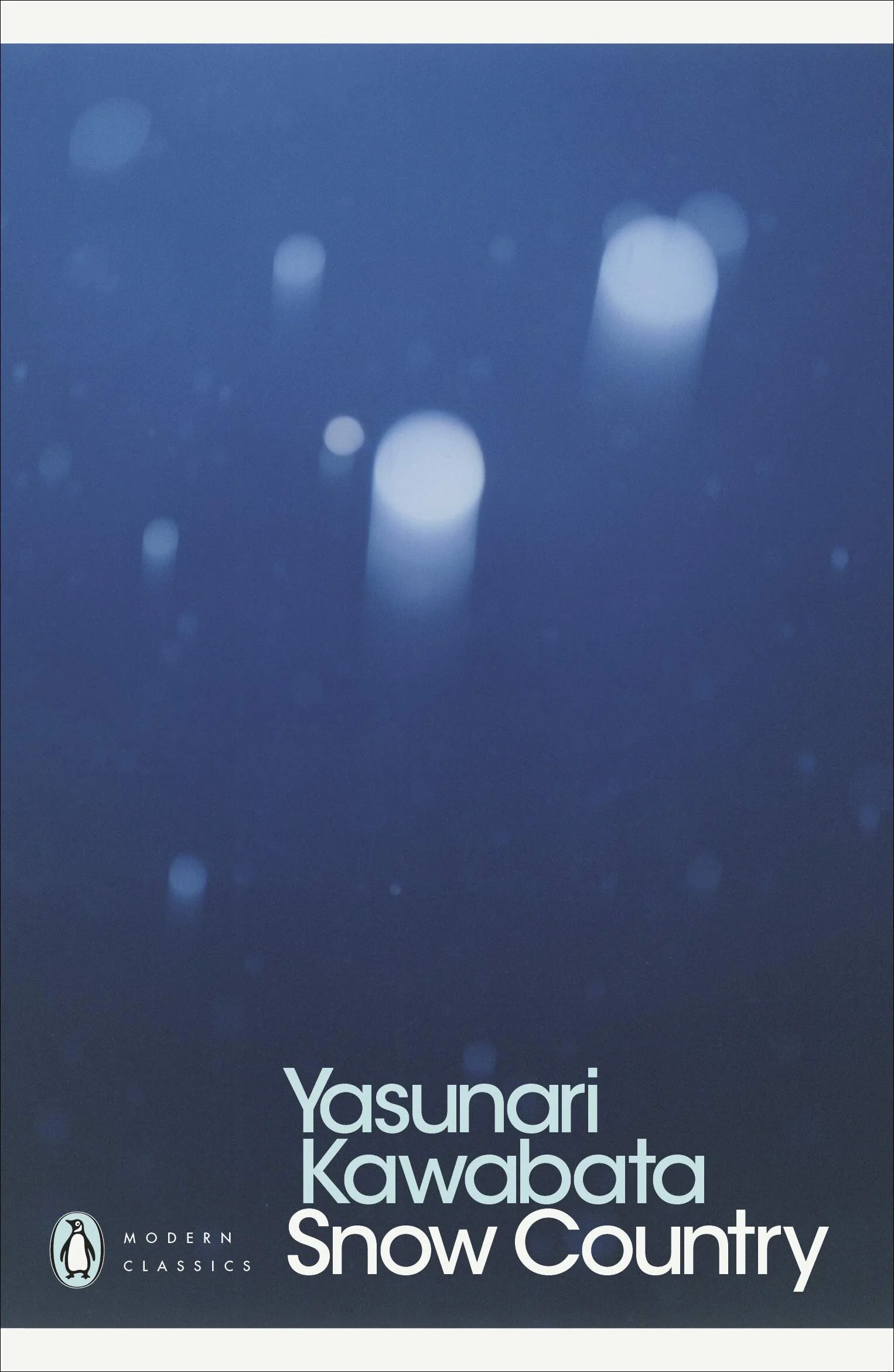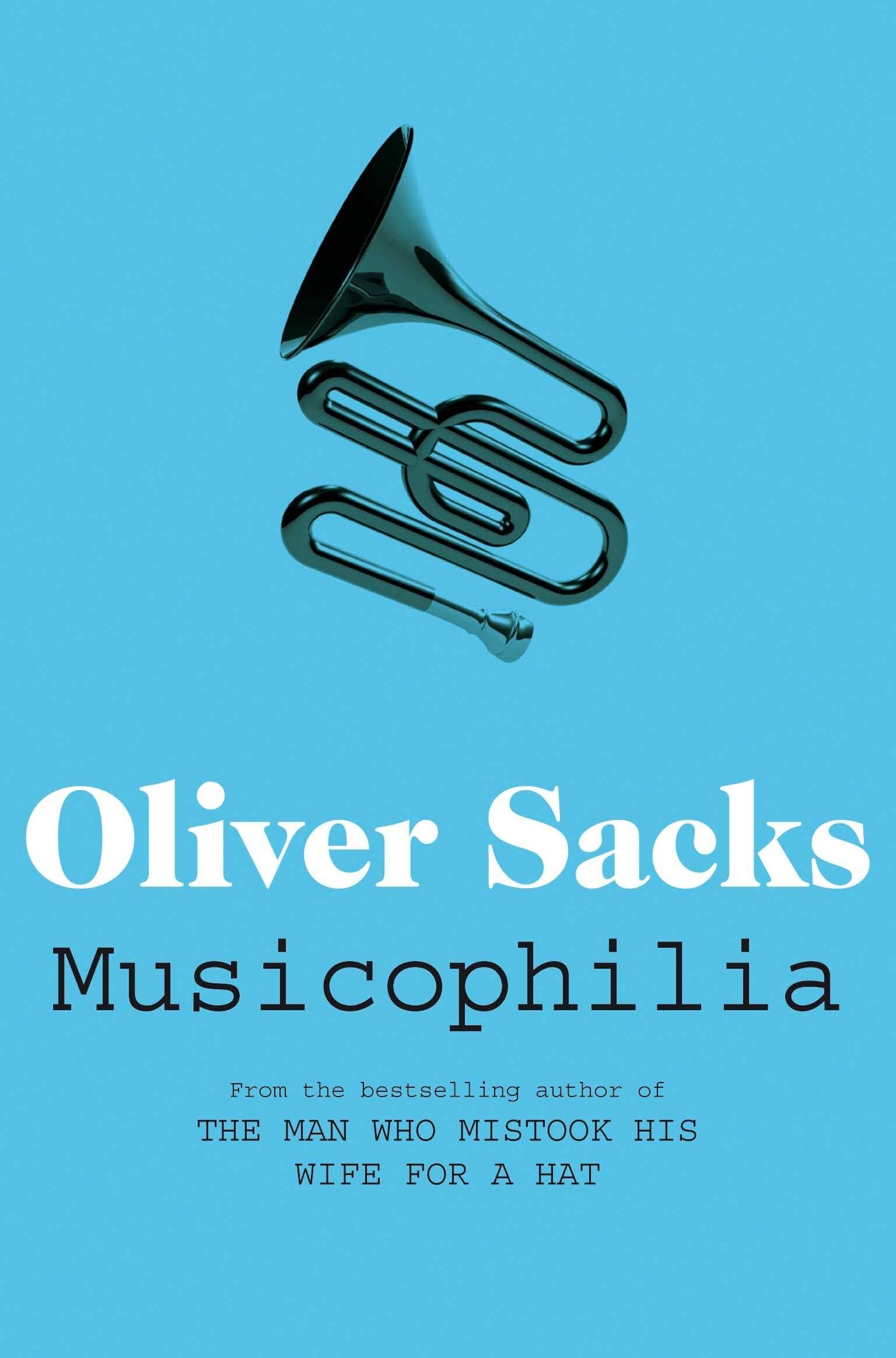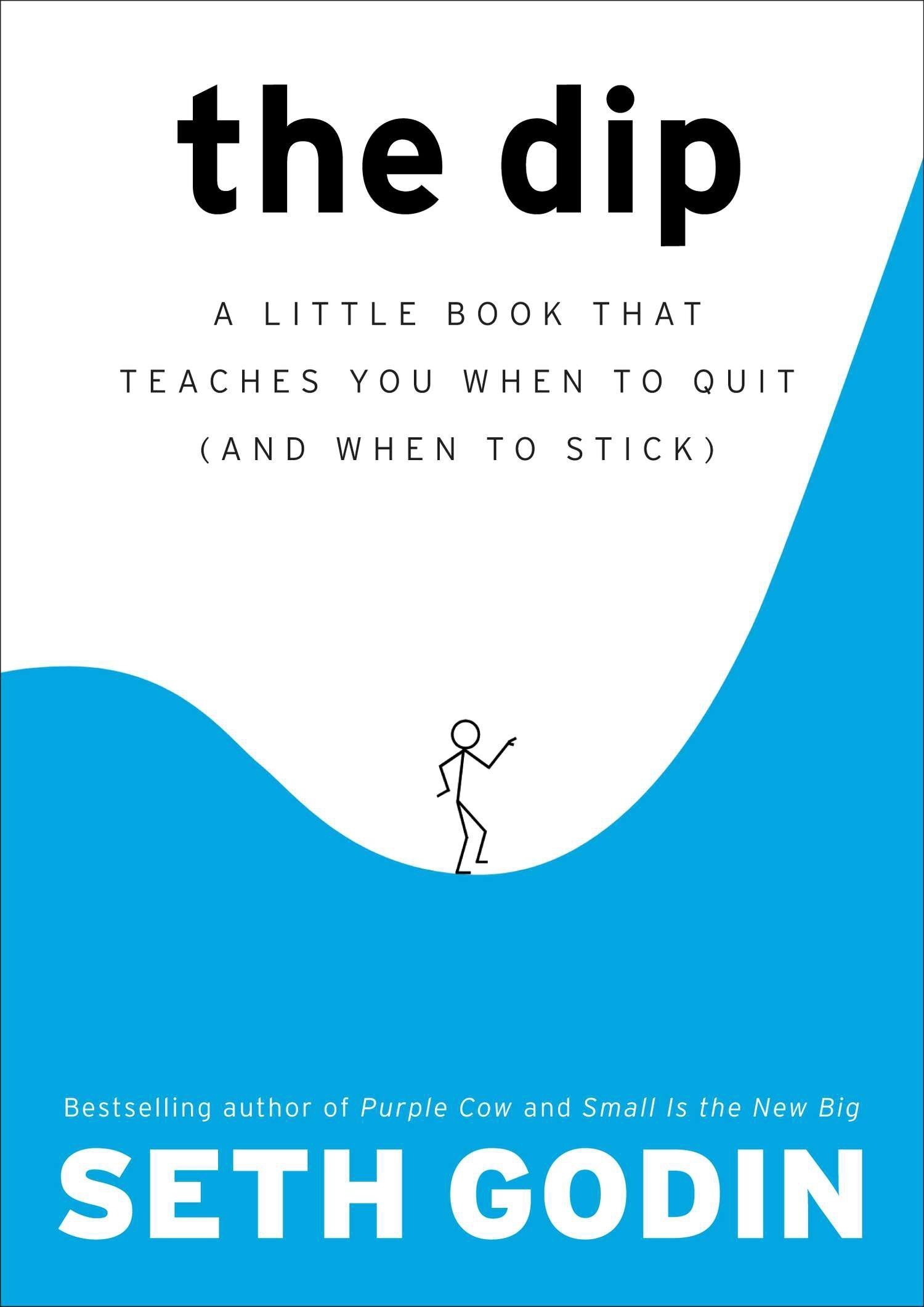February 2021 Edition.
'Read the best books first, or you may not have a chance to read them at all. '
~ Henry David Thoreau, A Week on the Concord and Merrimack Rivers.
I stumbled upon this quote during my first visit to the Daunt Books back in November 2017. Since then I try to answer:
'Which books did Thoreau consider to be the best?'
The answer to this question came from an unexpected source.
In 2019, a study found that users of platforms such as Netflix or Spotify face the problem of 'the paradox of choice'. The research showed that many users are so overwhelmed by the vast amount of films and songs that they often quit these platforms without watching our listening anything.
When Thoreau wrote that line, he couldn't imagine the information overload that we are facing today. However, books were becoming cheaper at his time. More and more books of fiction were printed. They were read and talked by everyone at first, but then forgotten in a month or two. This couldn't slip Thoreau's attention: he witnessed the rise of so-called 'paradox of choice', though the term wasn't yet coined.
So, what books/ films/ music can be called 'the best'? How can we avoid 'paradox of choice'?
I cannot say that I found the answer but I think there is one method that might be useful to apply.
Academics measure the importance and the impact of any given research paper by how many times it is cited in the works of other academics. It's called h-index and it can be easily found on the Google scholar. So for example, Albert Einstein's research is ranked as one of the highest cited in the history.
We can avoid the 'paradox of choice' by looking how a film, a piece of music or a book influenced the future generations.
Who can deny the immeasurable influence of Homer's Odyssey on the world literature or Thoreau's influence on philosophical thought? Who can deny the impact of Kurosawa or Eisenstein on film? Who can deny the influence of Beethoven on music?
Vashik Armenikus, February 2021
A Sound Mind: How I Fell In Love with Classical Music by Paul Morley.
When your job is to listen to music every day (like it is mine) at some point you are destined to get bored.
Music shaped my personality immensely but the modern songs with their repetitive melodies; tracks with the fixed structures; lyrics with the limited vocabulary almost killed my passion and love for music.
Paul Morley's book resonated closely with my own experience, because it tells his story of how he rescued his passion by delving into the world of classical music.
A Sound Mind by Paul Morley
‘Time flows in the same way for all human beings; every human being flows through time in a different way’
Kawabata comes right after Mishima on my list of great Japanese writers. His stories make you forget the flow of time.
This is a very short story and even a slight description of it might ruin its atmosphere for you.
However, I would like to say that it's a beautifully written story about the relationship between love and time. Kawabata was awarded a Nobel Prize for Literature for this poetically written story.
Snow Country by Kawabata
A Canadian psychologist Steven Pinker said, in one of his articles, that ‘we don’t need music from an evolutionary perspective'.
It is a shocking statement, ‘but somehow our brain still needs it’ continued his thought neurologist Oliver Sacks.
Sacks was one of the first neurologists who discovered that music therapy could help treating patients with Parkinson's disease. This discovery unveiled a whole new understanding of how music impacts our brain.
This book is full of fascinating cases of how people’s brain reacts to music.
I personally liked the story of the neurosurgeon who was stricken by the lightning. Suddenly he began to display strong inclination towards music. In just several months he learnt how to play piano and performed at international festivals.
“Quit or be exceptional. Average is for losers.”
Quitting.
Quitting is for losers.
That's not only a cliché, but also an absolutely wrong notion.
Godin goes even further and says that those who know when to quit are often the winners.
Every new project (or job, or hobby, or company) starts out fun...then gets really hard, and not much fun at all.
You might be in a Dip- a temporary setback that will get better if you keep pushing. But maybe it's really a Cul-de-Sac - a total dead end.
What really sets superstars apart is the ability to tell the two apart.
The Dip by Seth Godin
THIS MONTH’S PODCASTS
LINKS
This project by German visual artist and producer Christian Löffler is an experimental electronica tribute to Beethoven.
I have picked my favourite tracks from this album and added to my modern classical playlist.
Christian Löffler - Parallels (Beethoven’s Reworks)
This project by German visual artist and producer Christian Löffler is an experimental electronica tribute to Beethoven.
I have picked my favourite tracks from this album and added to my modern classical playlist.






